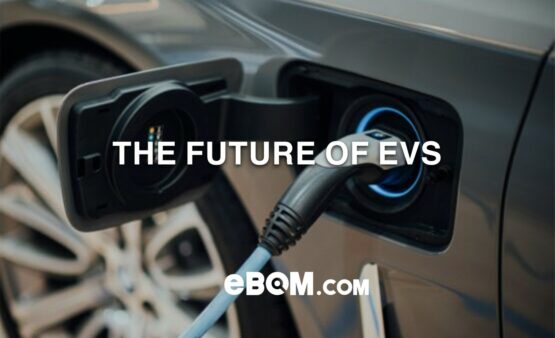With the word becoming a more technological and environmentally friendly place, the automotive industry is not far behind. According to www.autocar.co.uk, a total of 108,205 EVs were sold, representing a 180% year-on-year rise and rising from 1.6% of the overall UK car market to 6.6%. Electric vehicles are becoming more attractive for consumers due to cheaper running costs than a petrol / diesel vehicle and a high responsive acceleration.
What are EV?
Electric vehicles function by plugging into a charge point and taking electricity from the grid. They store the electricity in rechargeable batteries that power an electric motor, which turns the wheels. Electric cars accelerate faster than vehicles with traditional fuel engines – so they feel lighter to drive.
According to the EPA, one traditional gas-fueled passenger vehicle with a 22-miles per gallon range emits an average of 4.6 metric tons of carbon dioxide per year. However, electric vehicles emits no CO2 or other greenhouse gases, making them much more environmentally friendly. Charging electric cars with renewable energy, like solar, ensures no CO2 is emitted at any phase of your vehicle use.
What is the future for EV?
According to a GHD survey, 46% of UK consumers, who do not currently own a hybrid or electric vehicle (EV), would definitely buy or very much consider buying an EV in the next five years. While the UK government’s recently announced ten point plan prioritises the adoption of EVs, the survey clearly shows that there are challenges to the rollout in the UK. Of those that are interested in buying an EV, 47% responded that they were not confident they would have access to reliable charging infrastructure locally. This was particularly high among those living in rural and suburban areas. Surprisingly, in the UK, those aged 18-35 are most likely to buy an EV.
Pros of EV
One pro of EV is the low maintenance costs. Mechanical engines have a lot of moving parts, including pumps and valves, along with fluids that need changing, which electric cars don’t necessarily have. Electric vehicles don’t have as many components that need replacing so less maintenance is requires, such as oil changes. Electric cars also generally last longer than their gas-powered counterparts. Another pro of electric vehicles is the high quality performance. Because there is no exhaust system, electric cars are known for operating smoothly and quietly. Electric models are much quieter than traditional gas engines, creating a more enjoyable ride. Electric motors also tend to react much quicker than mechanical engines, providing more torque and agility while driving.
Cons of EV
Despite ongoing costs of EV being cheaper then a petrol / diesel vehicle, finding charging stations can be very challenging. Even though you can charge an electric vehicle at home, finding a charging station if you’re driving through rural areas or on a long-distance road trip can be difficult. However, more areas are embracing EV charging stations and numerous hotel chains and shops have started to include EV chargers in their parking lots. This trend will continue as demand for charging stations increases. Not only this, charging an electric vehicle takes longer than if you were to put petrol / diesel in your vehicle. It can take upwards of two days to get a full charge on a battery pack using normal outlets, depending on car type and battery size. Even the fastest charging stations will take 30 minutes to get near 80 percent capacity.
By Amy Leary










